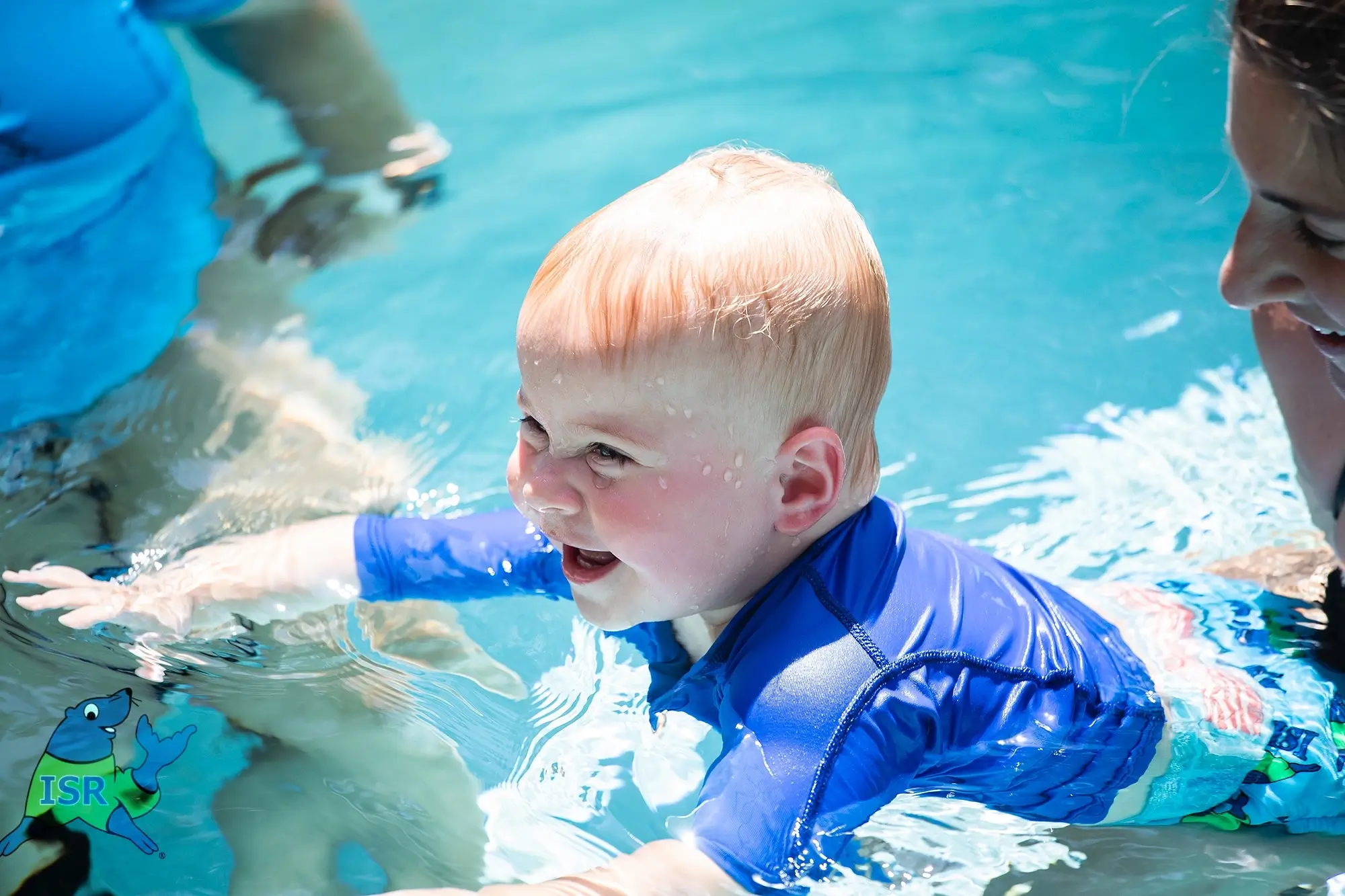

💦 Consistent Lessons: 1-on-1 individualized instruction, consistent 5 days a week 📅, limited to 10 minutes per day ⏱️
🛟 Safety First: Daily health checks and required medical clearance 🩺✅
🙌👏 Parent Support: Your involvement is key to your child's progress. Let's do this together! 💪
Absolutely! Safety is our top priority! We follow strict protocols including daily health checks, medical reviews, proper recovery procedures, and pre-lesson nutrition guidelines. Parents also play a role and can help by avoiding certain foods and ensuring children are well-rested and healthy before each lesson.
Crying is a normal way young children express discomfort in new situations, especially when performing challenging, unfamiliar skills. Our swim lessons are gentle, highly personalized, and always safety-focused. While some kids cry at first or even throughout the session, they also grow in confidence and skill every day. Just like buckling a crying child into a car seat for safety, we commit to lessons because the real trauma is a preventable drowning, not a few tears in the learning process.
On average, most children need around 6 consecutive weeks to master self-rescue skills. This proven timeline allows for steady progress and long-term retention. Taking breaks or splitting the session can disrupt learning and often means your child will need extra time to relearn skills. For the best results, commit to the full 6-week session without interruptions (note: 6 weeks is an average; some students finish in 5 weeks and others may need 7).
If your child is ill, starts a new medication, or sees a doctor, you will complete a Medical Update Form, so our team can review and ensure lessons remain safe. Children must be symptom-free for 48 hours without medication before returning to lessons. After vaccinations, plan for at least 12 hours of rest before the next swim lesson to ensure your child is comfortable and ready to learn.
Short sessions keep young children engaged and focused. They allow for frequent practice without causing fatigue or discomfort, making each lesson effective and positive. Consistent repetition helps children retain and build on their skills and leads to faster, safer progress.
Drowning is a leading cause of death for children under 4. ISR lessons go beyond traditional swim instruction by teaching infants and young children real survival skills, even before they can walk. Through 1-on-1 personalized lessons, your child will learn to float, breathe, and self-rescue in the event of an accidental fall into water, even fully clothed.
For most of the lessons, only the instructor and child are in the water, while the parent cheers from the sidelines. Your presence is still crucial to help create a safe and supportive environment! Occasionally, an instructor may request a parent to get in the water if it's helpful for the child's progress or retention. For babies who aren't yet ready for ISR, skilled parent-assisted water acclimation can build comfort in the water, but it's critical that early exposure doesn't unintentionally reinforce unsafe habits.
We understand that ISR lessons are an investment in your child's safety, and we want every family to have access to them. While lesson rates reflect the intensity and specialized training and time involved, we want to support families so that cost does not prevent access to lessons, and as such, there are many scholarships available. If cost is a concern, don't hesitate to reach out, we will help connect you to the best option for your family.
Possibly! A certified ISR instructor can travel to your location if you're able to cover an additional fee for travel time, or if multiple students are enrolled at the same location, which helps offset the cost. If you're interested in setting up a session of lessons at your pool or in your area, reach out to discuss the details and see what's possible.
You can skip the swim aisle as most of that stuff actually interferes with learning. Your child only needs:
We don't use floaties as they accidentally reinforce unsafe vertical swimming posture (i.e. the "drowning position"). Wetsuits can interfere with learning buoyancy, and goggles aren't needed until stroke development, when extended underwater eye-opening is introduced.
Maintenance lessons or refresher lessons are crucial to keep their skills sharp! As your child grows, their bodies change, and they need to adapt their skills to their new physical capabilities. Refresher lessons help them maintain and fine-tune their life-saving abilities.
Didn't find the answer you were looking for? Please feel free to reach out with any more questions!